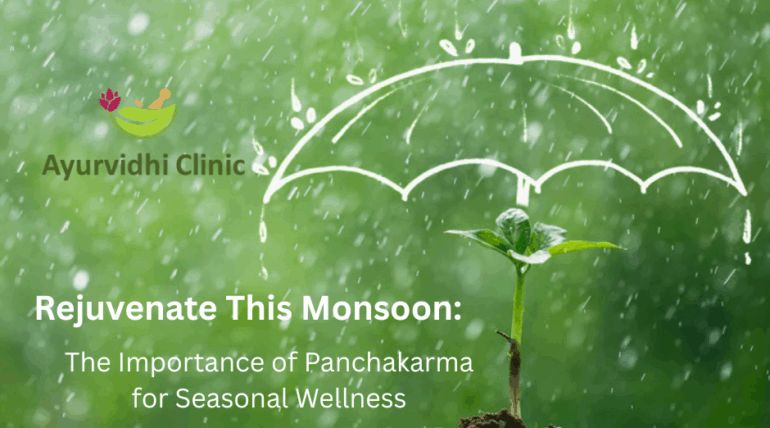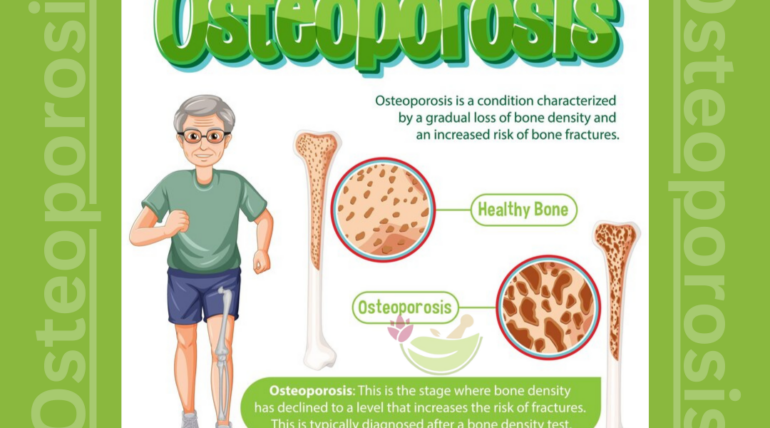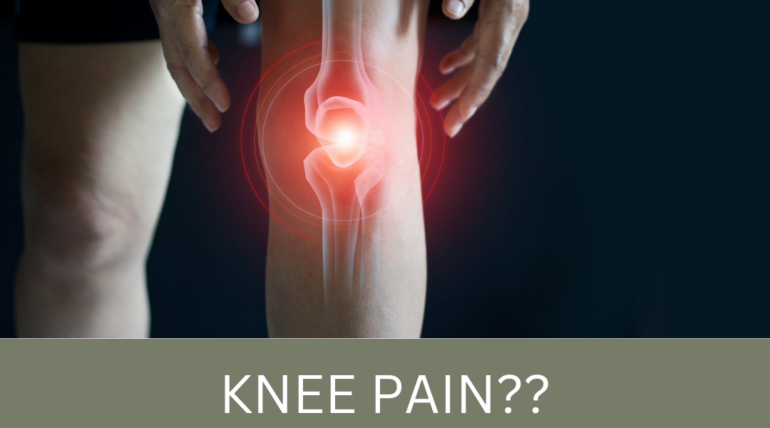Rejuvenate This Monsoon: The Importance of Panchakarma for Seasonal Wellness
Introduction
Monsoon is a season of transformation. As the earth drinks in the rains and nature revives, it’s the perfect time for us to reset and rejuvenate our bodies as well. According to Ayurveda, the ancient science of life and wellness, the rainy season is the ideal time to undergo Panchakarma — a powerful detoxification and healing therapy that balances the body’s energies, strengthens immunity, and promotes overall health.
But why is monsoon specifically recommended for Panchakarma? Let’s dive deeper.
What is Panchakarma?
Panchakarma is a five-fold therapeutic procedure in Ayurveda designed to cleanse the body of toxins (Ama), restore balance among the three doshas (Vata, Pitta, and Kapha), and rejuvenate the mind and body. The five main procedures include:
-
Vamana (Therapeutic Emesis)
-
Virechana (Purgation Therapy)
-
Basti (Medicated Enema)
-
Nasya (Nasal Administration)
-
Raktamokshana (Bloodletting Therapy)
Each treatment is tailored according to the individual’s body constitution (Prakriti), doshic imbalance, and seasonal influence.
Why Monsoon is the Best Time for Panchakarma
-
Heightened Receptivity of the Body
During monsoon, the climate is moist and the pores of the body are more open, making it easier for the body to absorb medicinal oils and therapies. The increased humidity also softens the tissues, allowing for a deeper detoxification process.
-
Aggravation of Doshas
The rainy season disrupts the natural balance of doshas — especially Vata and Pitta, which can lead to various ailments like indigestion, skin disorders, joint pain, and respiratory issues. Panchakarma helps to pacify these aggravated doshas and restore equilibrium.
-
Weakened Digestion (Agni)
Digestive fire or Agni tends to be weaker during the monsoon, leading to the accumulation of toxins. Panchakarma helps kindle the digestive fire and eliminate these toxins effectively, preventing seasonal diseases.
-
Immunity Boost and Disease Prevention
With a rise in waterborne infections and seasonal illnesses, Panchakarma strengthens the immune system by purifying the body and enhancing ojas — the vital energy responsible for immunity and vitality.
-
Mental Clarity and Emotional Balance
The calming therapies in Panchakarma also help relieve mental stress, anxiety, and seasonal depression, which are common during overcast, low-sunlight monsoon days.
Key Panchakarma Therapies for Monsoon
-
Abhyanga (Herbal Oil Massage) – Soothes joints and improves circulation
-
Swedana (Herbal Steam Therapy) – Opens up channels and promotes sweating
-
Basti (Enema Therapy) – Especially beneficial in calming Vata during rainy weather
- Pattra Pottali Massage (Herbal Poutali Steam) – Smoothens stiffness in muscle soreness and joint pain
- Janu Basti – Perfect for knee problems
- Dhara Swedan: Warm Oil pouring on body for perfect monsoon relaxing and balancing Vaata Dosha
These treatments are often preceded and followed by proper preparatory and post-therapy regimens like diet adjustments, rest, and herbal supplements to enhance the benefits.
Precautions and Professional Guidance
Panchakarma is a potent and intensive therapy and should only be done under the supervision of a qualified Ayurvedic practitioner. A thorough examination of your dosha type, physical condition, and medical history is crucial for customizing the procedure to your needs.
Conclusion
The monsoon season offers a unique window to deeply cleanse, heal, and recharge the body through Panchakarma. Just as nature renews itself with the rains, this is your opportunity to revitalize from within and build a stronger foundation for health in the seasons to come.
For best ayurvedic panchakarma treatment contact Dr. Kaustubh Bathe at Ayurvidhi Clinic- Ayurveda & Panchakarma Clinic, Mob: 9511953471
Make this monsoon a time of rejuvenation — gift yourself the ancient wisdom of Panchakarma and step into holistic wellness.





Recent Comments